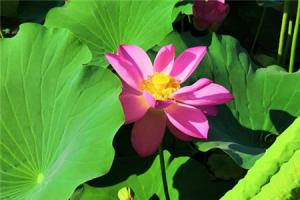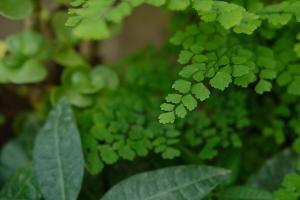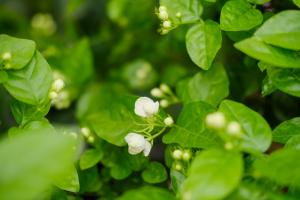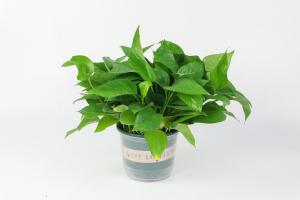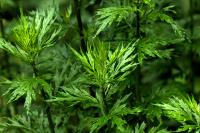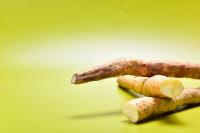1、 Efficacy and function
Begonia can be said to be full of treasure, and its fruits, flowers, roots, seeds, branches and stems have certain effects and functions. Begonia fruit can be eaten directly, and can also be used to make wine, jam, vinegar, fruit dandelion, etc. It is rich in nutritional value. Regular eating is beneficial to health. It can produce fluid and quench thirst, strengthen the spleen and appetizer, enhance immunity and so on. Begonia is one of the famous ornamental tree species in China because of its bright color, beautiful posture and high ornamental value. The oil content of seeds is high, and they can be used for Industry and medicine after oil extraction. In addition, the wood of Begonia tree is hard and wear-resistant, and can be used as raw materials for making ships, farm tools, furniture and so on.
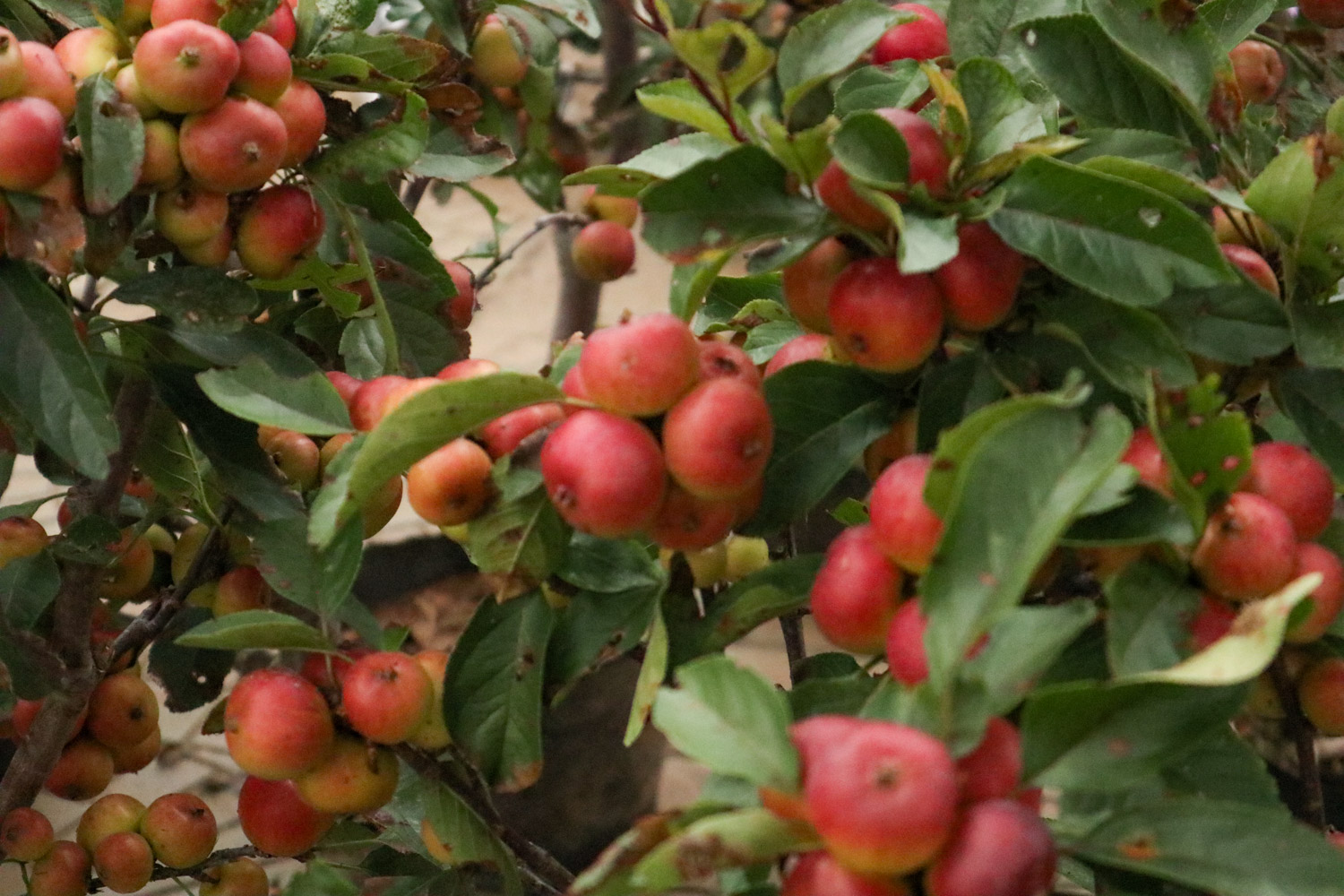
2、 Taboo
1. Begonia fruit should not be eaten in excess: Begonia fruit tastes sour and astringent, and a small amount can promote spleen and stomach digestion. However, people with gastric ulcer and excessive gastric acid should not eat, which is easy to burden the body and cause stomach discomfort.
2. Begonia fruit cannot be eaten with cucumber: cucumber contains vitamin C decomposition enzyme, which will destroy the rich vitamin C contained in Begonia fruit and reduce its nutritional value.
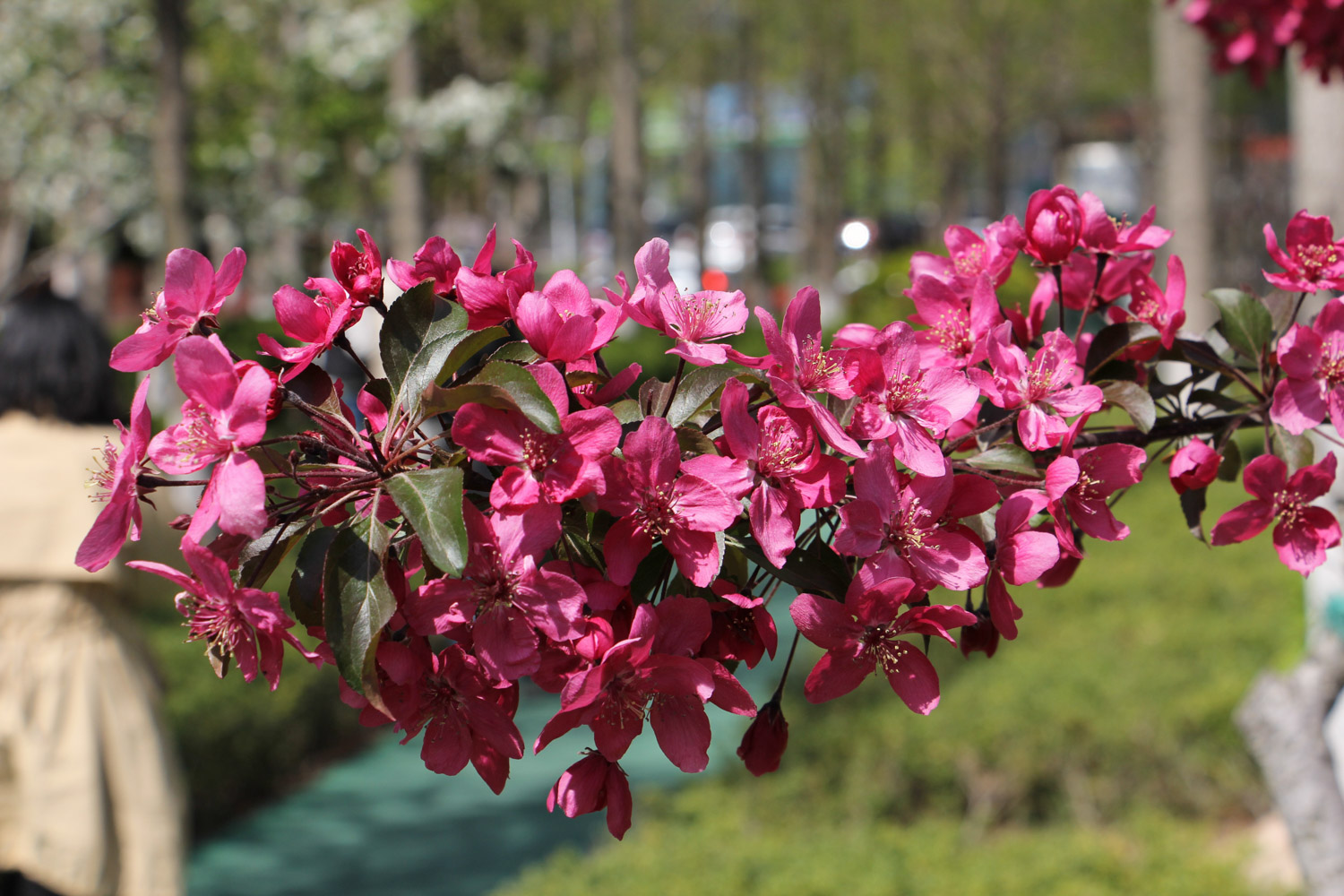
3. Caution for pregnant women: the sour and sweet taste of Begonia fruit can effectively alleviate pregnant women's vomiting reaction, but you can't eat more, which is easy to cause physical discomfort. And pregnant women who often feel heartburn are not suitable for eating Begonia fruit, which will aggravate their symptoms.
4. Obese people should eat less: obese people should eat less Begonia fruit as far as possible, otherwise it will increase the physical burden.
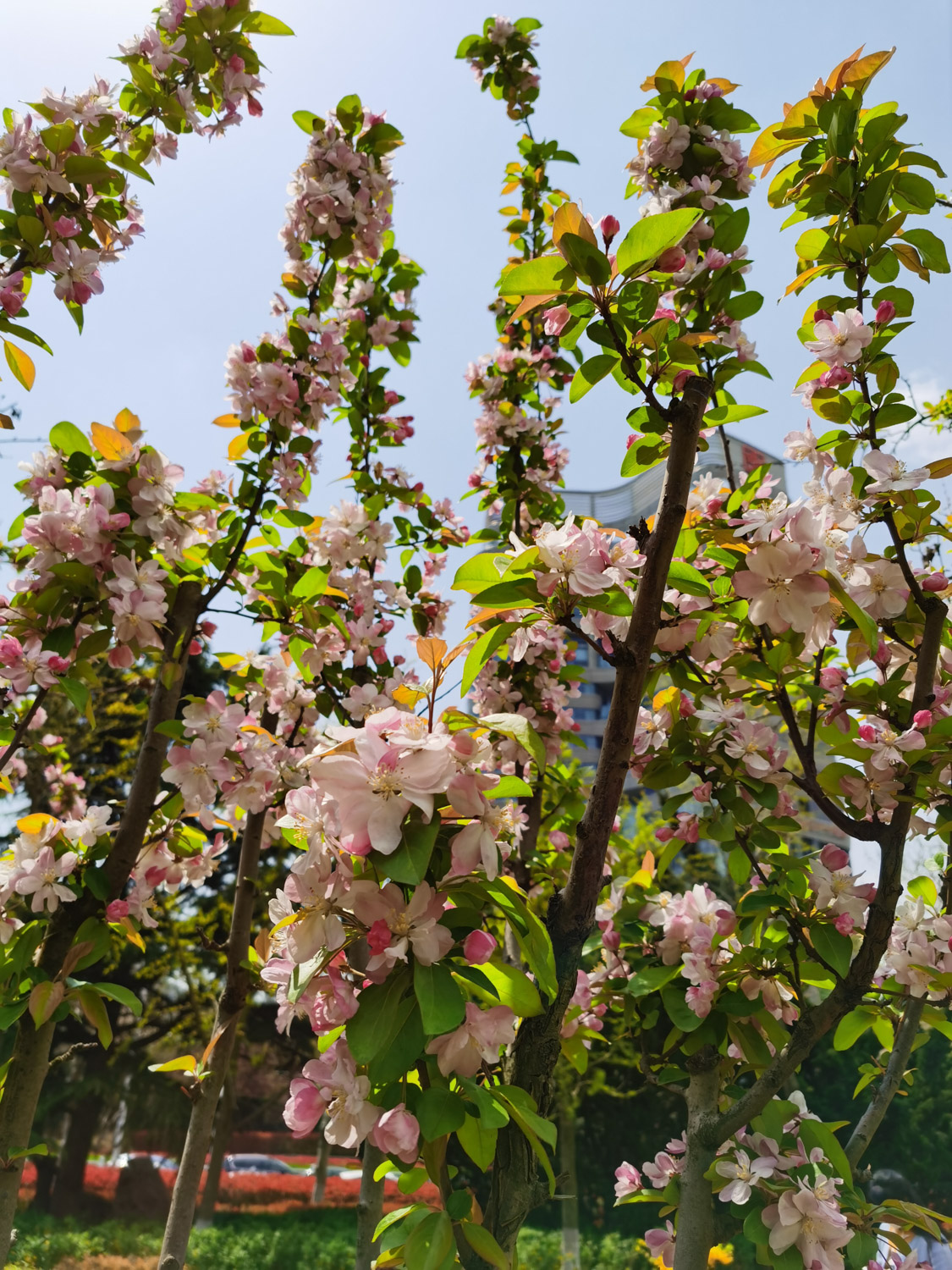

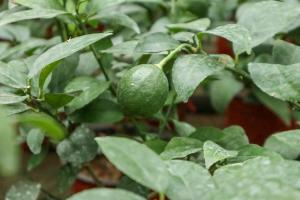 The efficacy and fun...
The efficacy and fun...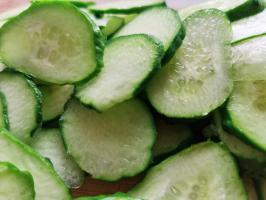 The efficacy and fun...
The efficacy and fun...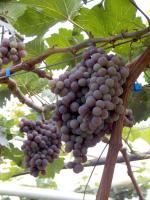 The benefits of eati...
The benefits of eati...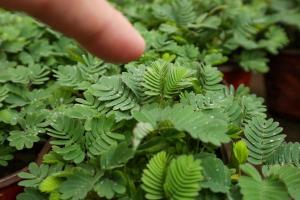 Why is Mimosa called...
Why is Mimosa called...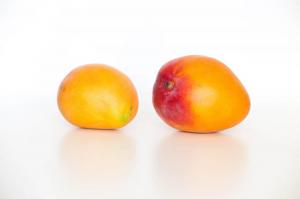 What can't mango be ...
What can't mango be ...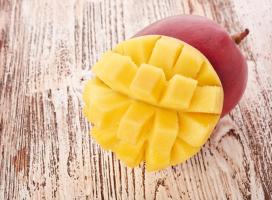 The efficacy and fun...
The efficacy and fun...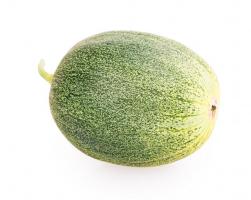 Is watermelon a frui...
Is watermelon a frui...
